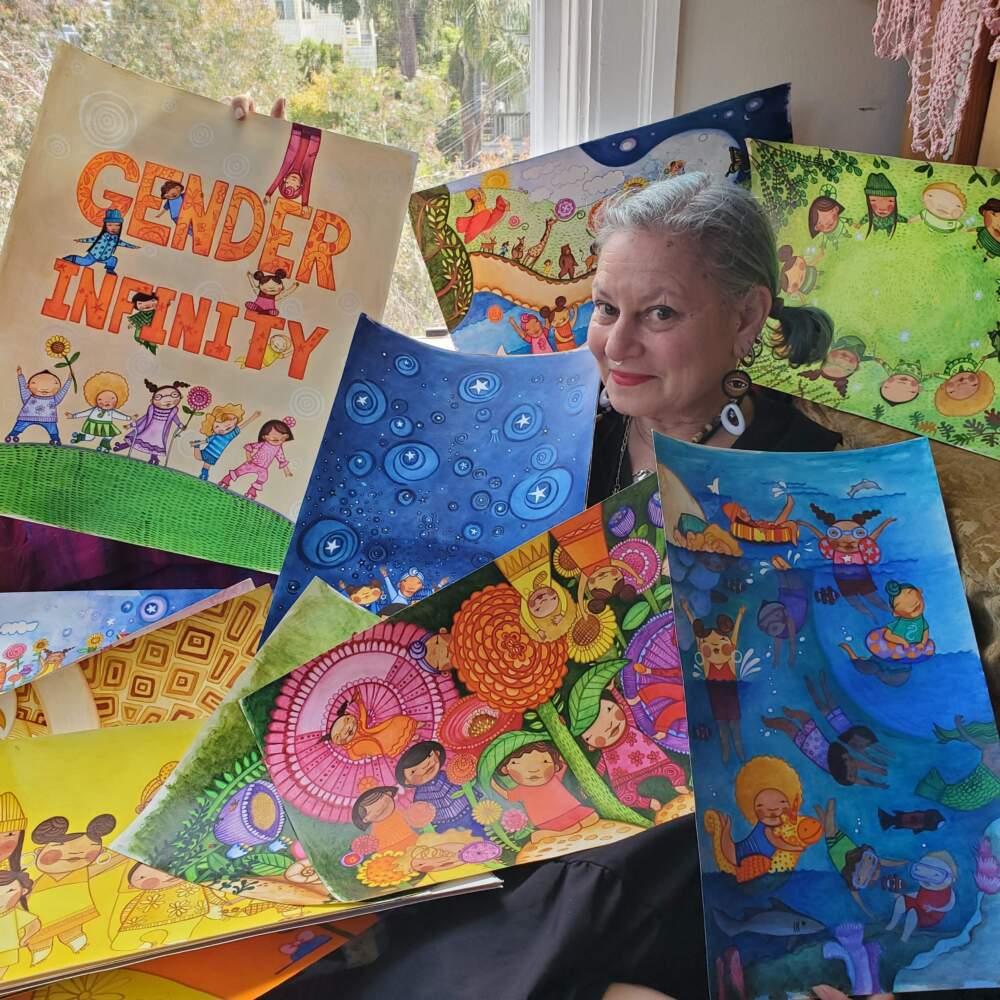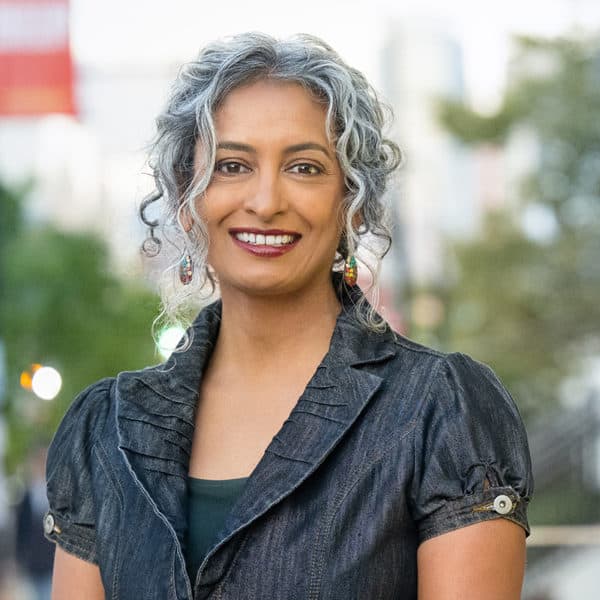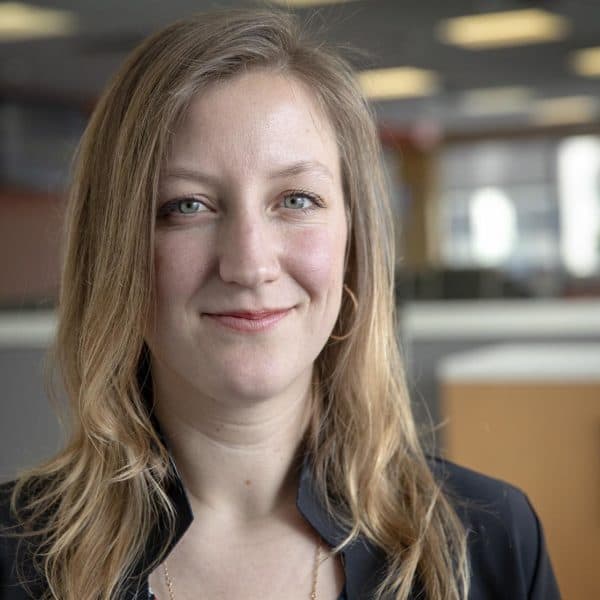Advertisement
How a queer publisher is navigating book bans: ‘Things could get worse for awhile’
Resume
Book bans across the country often target texts featuring LGBTQ characters or stories.
These bans affected Reflection Press in the San Francisco Bay Area deeply: The small, queer-owned publishing house used to sell about 2,500 books in a good month. Now, it’s sometimes seeing less than 250.
But that dip in sales didn’t discourage co-owner and children’s book artist Maya Gonzalez. They’re still persisting in spreading their message of LGBTQ inclusion, even if the future doesn’t always look bright.
“I think there's a serious struggle going on in our country about people understanding, I want to say, humanity in a way and really seeing through sort of the systems that we're living in,” Gonzalez says. “I think it's very difficult for us to see through the kind of gender oppression that is really fundamentally at the core of our country and Western culture in general.”
6 questions with Maya Gonzalez
What need did you see that prompted you to start creating picture books?
“It started at a time in 2010 when I was co-parenting a 4-year-old, and then in 2017, my current child that I'm parenting was turning 4 also, and this is a very keen age when gender starts … needing to be addressed, being part of the queer trans community and having family that's queer and a child who's nonbinary.
“The need was just like in my face, and having our own press really gives us the power and the ability to address that.”
How did this factor into your personal life with your child?
“A lot of the gender policing starts to really become heightened at around 4 years old. So we were seeing things really changing in the classrooms that they were going to in, the playground and the kind of play in kids they were coming into contact with.
“Because we don't have media that then reflects our community and the experience of nonbinary kids, there's a lot of times we don't know what to say, where to go, how to reference it, even how to hold space for them.
“Having books allows a place where you can meet with a child and really talk about it.”
How does gendering children from an early age impact them?
“All of my work rises from a highly researched, multidisciplinary, nature-based, holistic perspective of gender. And early childhood is a time when we start really fundamentally having those core thoughts about reality.
“I'm wanting to basically interrupt a lot of the bullying, a lot of the stereotyping, a lot of the prescribing kids, really requiring them to fulfill their assignment given at birth so that they can retain freedom and become who they really are, because nature is really, I think, calling them to be that.”
What kind of response did you receive for your children’s book “They, She, He Easy as ABC”?
“It was shocking. We did not expect it. In hindsight, my naivete now has vanished. But we started getting harassed online, letters and … the kind of classic intense abuse that queer and trans organizations experience.
“Then we started getting more information coming at us that we were ending up on lists and we didn't realize what was going on, but we saw our sales really start bottoming out.
“We realized this was actually a list of school books. We were getting into the schools when I started seeing all these attacks. The PTAs were going on in the different areas where our books were really getting a lot of traction. We saw that they were really demonizing, reframing, just putting things this all this fear going on in those schools.
“It just impacted us phenomenally and we watched our press just become just crushed. It really changed how we could navigate in the world and how we're getting our work out in a lot of ways.”
You put out another book called ‘I Can BE Me.’ How has the response to that story been?
“It's been positive. The feedback I often get is not from schools anymore. It's from parents who are like, ‘Oh my God, I have this book at home. My child asked me to read this four times today.’
Another one has told me, ‘Oh, your books help my child go to sleep at night after a bad day at school.’
“Those are the stories and the intent.”
As you’re battling cancer and also this societal pushback to the books you’re creating, how do you keep pushing forward?
“Cancer is such a deep teacher. And one of the things is, you really are compelled to fathom why you're going through the journey. And a lot of times they'll ask, ‘Have you had some really horrendous stress in the last few years?’ And I was like, ‘Oh, I have.’
It just touched every part of me as someone who's queer. I have also experienced really incredible oppression, losing my family and having to negotiate life like that.
“I know personally how challenging it is to not have a … buoy that somebody throws you in the ocean to hold on to.
“So I am staying in right relationship to the work, but continuing to do the work. I can't not. It's that important to me in my heart.”
Ashley Locke produced and edited this interview for broadcast with Todd Mundt. Grace Griffin adapted it for the web.
This article was originally published on March 12, 2024.
This segment aired on March 12, 2024.

